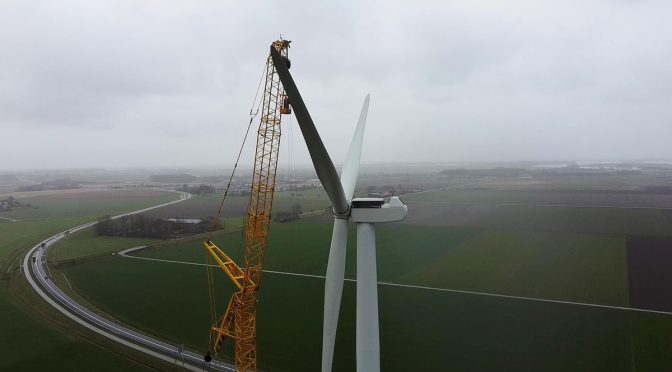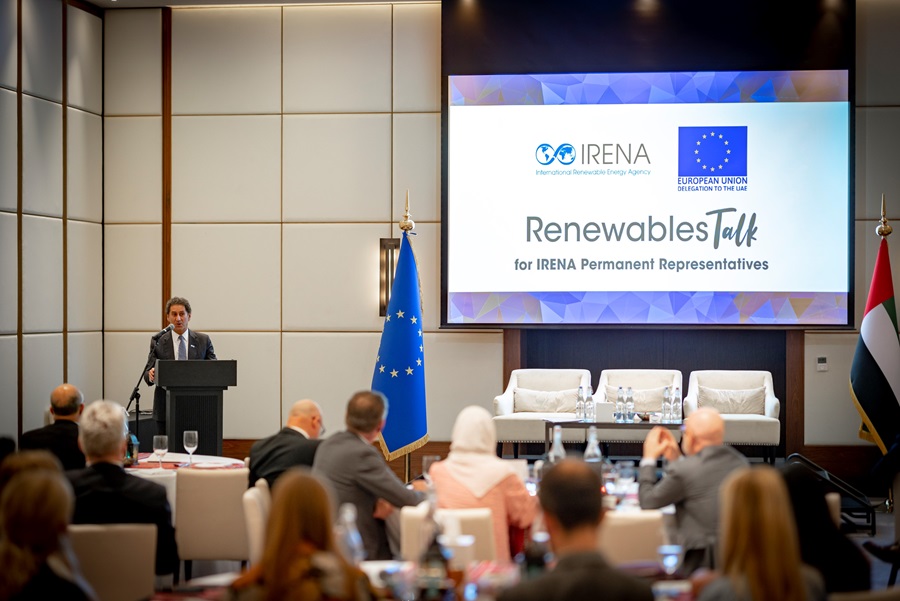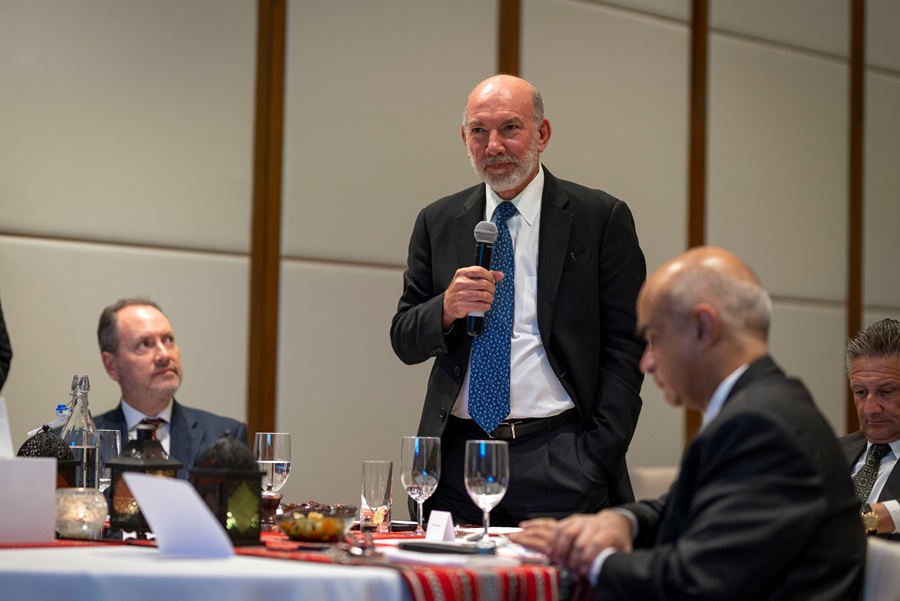“In 30 years, the EU reduced emissions by 30% while growing its economy by 60%,” said EU Ambassador to the UAE Andrea Matteo Fontana at the 11th IRENA Renewables Talk. His point made it clear to IRENA Permanent Representatives in attendance that pursuing the energy transition is an investment rather than a cost, presenting a climate-compatible opportunity for economic growth.
The Talk, which is the 11th in the series, was co-organised by the International Renewable Energy Agency (IRENA) and the European Union, in partnership with the UAE, to discuss the European Green Deal’s challenges, opportunities, and best practices in achieving renewable energy targets.
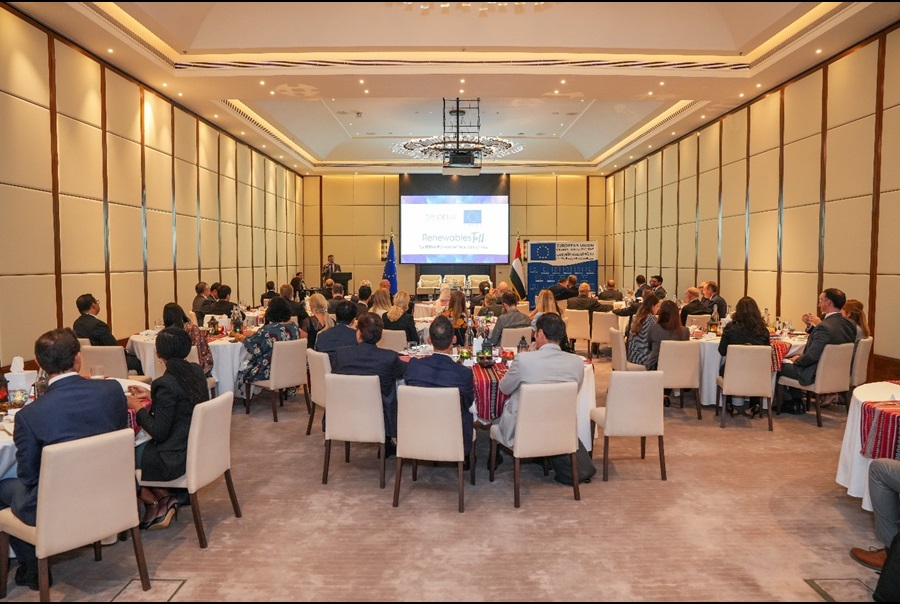
The Deal is a crucial component in the EU’s efforts to decarbonise its energy system, which currently accounts for over 75% of its greenhouse gas emissions. It aims to accelerate Europe’s transition towards a clean and renewables-based energy system, transforming key sectors, including power, transport, industry, and heating and cooling, and establishing the necessary infrastructure and governance.
However, a recurrent theme in the discussions made it clear: Europe cannot do it alone; international collaboration is crucial for the success of the Green Deal.
In his keynote speech, IRENA Director-General Francesco La Camera praised the EU’s new ambitious Renewable Energy Directive, which aims to raise the EU’s binding renewable target for 2030 to a minimum of 42.5%, bringing Europe “one step closer to becoming the world’s first climate-neutral continent by 2050”. La Camera also emphasised that strong partnerships are an important prerequisite to meeting collective ambitions, pointing to the upcoming COP28 in the UAE as a unique opportunity to reinforce collaborative efforts in creating lasting, transformative change.
Keynote speakers also included CEO of SolarPower Europe Walburga Hemetsberger, and Head of Delegation to UNFCCC at the Swedish Ministry of Climate and Enterprise Mattias Frumerie.
“The challenges facing the global solar industry cannot be wished away or tackled by working alone,” echoed CEO Hemetsberger. “It requires deep collaboration to find common solutions for the good of the industry, the energy transition and people around the world.” She stressed that global alliances must be forged to move the energy transition agenda forward, pointing to the great potential that lies in collaboration between the EU and Gulf Cooperation Council (GCC) countries.
In the Q&A session, Mexico Ambassador to the UAE Mr. Louis Alfonso de Alba Gongora commended IRENA for driving the global narrative on the energy transition; however, he touched on some of the challenges that exist, including those facing the private sector and urged climate discussions to refrain from finger pointing and rather engage in constructive conversations and initiatives.
Speaking afterwards, Permanent Representative Dr. Nawal Al Hosany said: “We have clarity on the challenges, but also on the opportunities.” She emphasised the great potential that lies in improving the lives of people in LDCs and SIDS, particularly women, through renewables. She also briefed participants about “Empowering Lives and Livelihoods”, a COP28 initiative and a multi-stakeholder partnership with IRENA to commit USD 1 billion towards renewables for adaptation to connect people and livelihoods through renewable solutions in agri-food and health sectors in LDCs and SIDS.
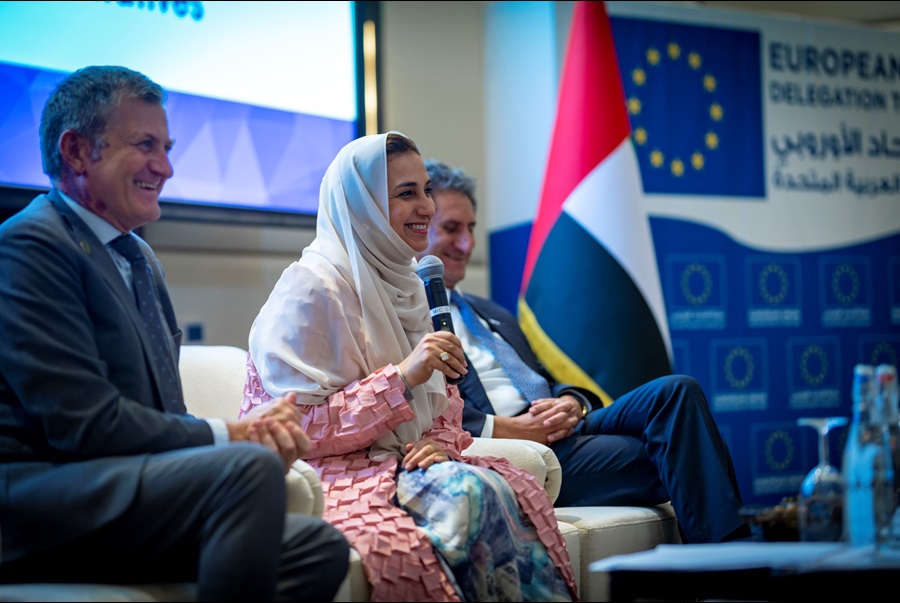
In her closing remarks, Dr. Al Hosany emphasised that IRENA Renewables Talk is not about big speeches, but about strengthening collaboration between IRENA Permanent Representatives: “This is what the Renewables Talk is about, and I think we can say we achieved that objective today.”
